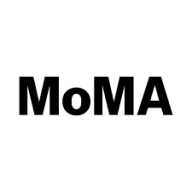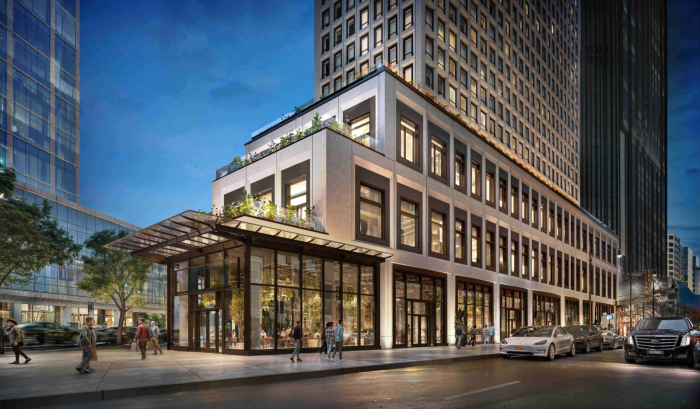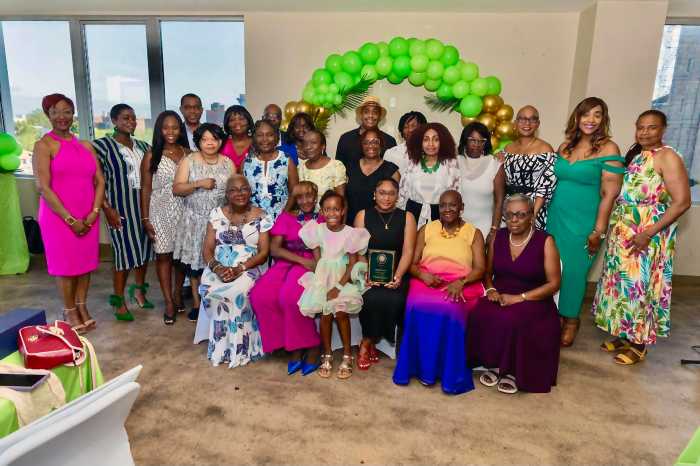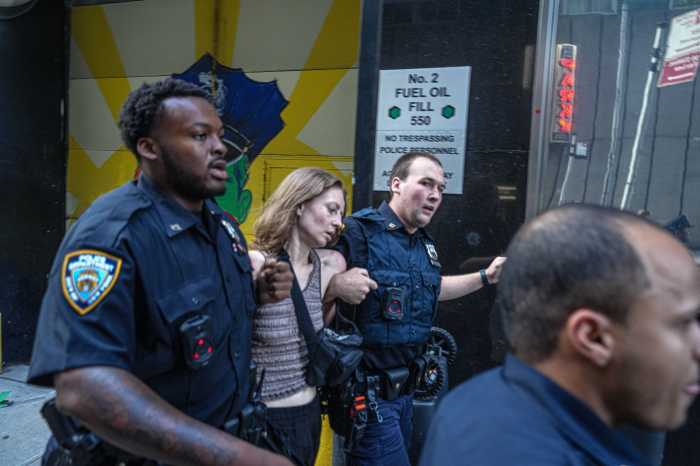|Liquor hearing on revived club canceled again, this time after application withdrawal.
By: PATRICK HEDLUND | Darren Wallace and his friend J. showed up at a local community board meeting this week to defend against what they see as the deterioration of nightlife in New York City.
They came specifically in support of the Roxy nightclub in Chelsea, the former West 18th Street venue that has met with resistance from some community members in a bid to reopen.
Unfortunately for Wallace and J., the club withdrew its application for a new liquor license just hours before the August 12 early-evening meeting, making their efforts and those of an online campaign to “Save the Roxy” for naught. A second straight cancellation of the expected application hearing before Community Board 4, which was sure to have stirred strong debate among the board, forced Wallace to question what he could do to speak out for the cause.
“I don't even know if I know how to push back against it,” he lamented, in reference to efforts aimed at thwarting the club's revival by an equally vocal crowd of local residents.
“I feel like the intensity is toward the gay community,” added J., a former go-go dancer at the Roxy, using his performance name. “Clubs are one of the few places you can go to and not have to worry about anything, and it's sad to see it being pushed out.”
The hyped battle over the tentatively reopening club has offered much more whimper than bang recently, as Roxy's liquor license application was withdrawn at the 11th hour Tuesday in a curious case of déjà vu following a similar postponement last month. The difference between a postponement and a withdrawal, the community board noted, is that the withdrawal means the Roxy would likely not return to the table.
Owners of the now-defunct nightclub, which in its heyday served as a popular venue for both the gay community and a devoted roller-skating crowd, gave no reason for their sudden withdrawal after first showing cold feet in July. According to an attorney for the owners, Terry Flynn, he has not been given details about why his clients pulled out.
While the application process with the community board's Business Licenses and Permits Committee is a formality that all new establishments must endure, the meeting had been billed as a flashpoint for nightlife proponents in a public push that had drawn a legion of online supporters. Just hours before the planned hearing on the Roxy application, just under 350 people had confirmed on the popular networking site Facebook.com that they would attend.
But Chelsea residents like Neil Selkirk, who has lived adjacent to the Roxy's backdoor on West 19th Street since 1982, contended the neighborhood has changed into the sort of area where the nightclub wouldn't be welcome.
“I think the real point is that the city has designated this very specific neighborhood to be a luxury residential area,” he said on Tuesday night, referring to the surge of upscale development there. “It's just completely inappropriate.”
Selkirk recalled hearing gunfire on Saturday nights when the Roxy was still operating, and his neighbor Klemens Gasser, a resident since 1998, said he couldn't sleep because of the noise spawned by the club.
“It just disturbs the neighborhood,” Gasser noted, “with people and garbage.”
And while the Roxy's location in a former manufacturing district just west of Tenth Avenue is about as far on the fringes of Manhattan as possible, Selkirk said that doesn't change the reality of the current area's makeup.
“The city has said we want wealthy people to come in and live in apartments [here],” he added. “It's just a mismatch.”
Wallace, for his part, is not buying the notion that the area around the Roxy had gentrified to the point precluding clubs.
“Show me one family over there,” he said.


































